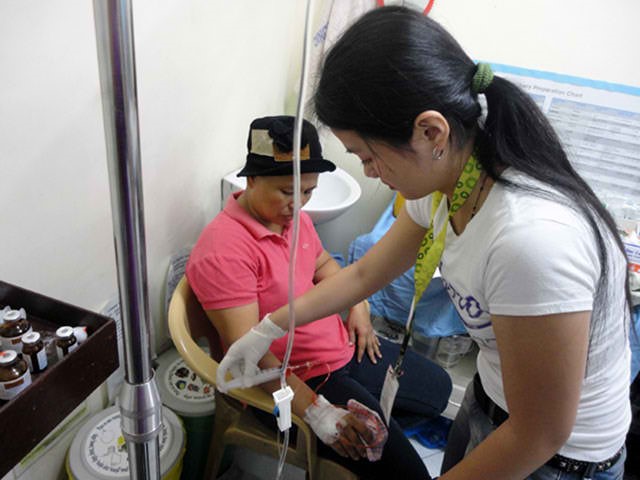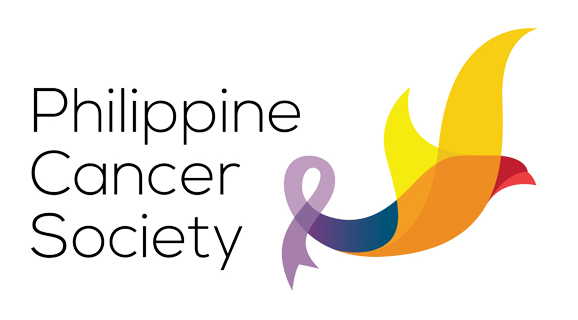
In 2010, the PCS thru Dr. Conrado Lorenzo Jr. introduced a new patient-focused service called Patient Navigation Program (PNaP) that aimed to break the barriers to health care in cancer patients.
The innovative Patient Navigation Program (PNaP) started catering to cancer patients in 2011.
It aims at providing individualized assistance to marginalized Filipinos so that they may have access to timely, affordable and quality medical treatment. The PNaP program is primarily manned by highly-trained nurses who “navigate” the patients through the country’s complicated healthcare system. Services being rendered include assistance for laboratory/diagnostic examinations, chemotherapy, and radiotherapy, patient education and family counselling.
This can be linked to the PCS mobile screening clinic which refers patients to the Patient Navigation Program for assistance, when needed.
Two simultaneous patient navigation programs are currently offered: One that caters to early breast cancer patients with the cooperation of the Department of Health’s National Center for Medicine Access Program (DOH-NCPAM) and four pilot hospitals; and another program that helps breast cancer patients not covered by DOHNCPAM as well as other types of cancers.
Breast cancer patients from participating government hospitals namely the UP-Philippine General Hospital (UP-PGH), Jose Reyes Memorial Medical Center (JRMMC), East Avenue Medical Center (EAMC), Rizal Medical Center (RMC), and Amang Rodriguez Medical Center who receive support from the DOH-National Center for Pharmaceutical Access Program (NCPAM) are supported by the PCS PnaP. Other cancer patients not eligible for the DOH-NCPAM are screened and evaluated by PCSI’s pool of medical experts and are supported and navigated by the PNaP.
The joint project with the PCSI-Patient Navigation Program and the DOH-NCPAM went into full operation in 2011 in the partner hospitals. This project availed of the latter’s assistance for chemotherapy drugs administered in the four mentioned government hospitals under its Breast Cancer Medicine Access Program.
The economically-disadvantaged patients come from all over the country. The Society’s Patient Navigators are able to track and facilitate compliance of cancer patients in their scheduled regimens and regular monitoring check-ups with their physicians.
Cancer patients who benefitted from the program included those referred by local government units (LGUs), walk-in patients from the PCSI Clinic, those endorsed by medical oncologists and surgeons and other health professionals, those referred by private and public health agencies, and many others.
Looking forward, the PCSI intends to expand its service coverage through the active participation of LGUs and their healthcare systems, other government hospitals, training of more patient navigators and a bigger logistical support from other funding sources. The DOH had also earmarked funds for the PNaP-BCMAP project up to 2015 to be taken over by the Z Package of PHIC allowing for sustainability of the program. The PCS is assisting also the PHIC in developing and implementing their Z packages for cancer via data from the population-based registry and expertise from the PNaP.
The PNaP also conducts health program implementation surveys as part of its navigation program. Last 2006 and 2013-14, PCS conducted Hepatitis B vaccination implementation and KAP surveys feedback to the DOH and Municipal Health Units involved..

